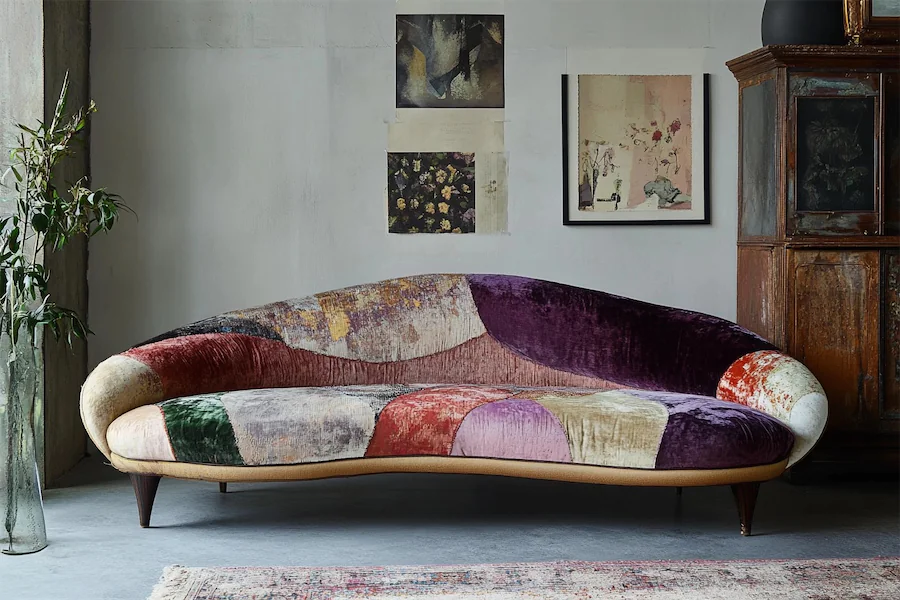A statement sofa serves as a focal point in interior design, combining bold aesthetics with functionality to anchor a room’s décor.
History and Origins of Statement Sofas
The concept of statement furniture has evolved over centuries, with designers creating standout pieces that reflect cultural trends and artistic movements. In the mid-20th century, iconic designs like the Camaleonda Sofa by Mario Bellini exemplified the blend of form and function, becoming symbols of modern luxury.
Key Features of Statement Sofas
- Distinctive Design: Statement sofas often feature unique shapes, such as curved or modular forms, setting them apart from conventional seating.
- Bold Colors and Textures: Utilizing vibrant hues or luxurious materials like velvet, these sofas draw immediate attention and add depth to a space.
- High-Quality Craftsmanship: Attention to detail and superior construction ensure that the sofa is both durable and visually striking.
Applications of Statement Sofas
- Living Rooms: As the centerpiece, a statement sofa defines the room’s aesthetic and serves as a conversation starter.
- Commercial Spaces: In hotels or offices, these sofas enhance the ambiance, reflecting the brand’s identity and style.
- Showrooms and Galleries: They complement artistic displays, adding to the visual appeal of the environment.
Considerations When Choosing a Statement Sofa
- Space and Proportion: Ensure the sofa’s size complements the room without overwhelming it.
- Complementary Décor: Select a design that harmonizes with existing furnishings and color schemes.
- Functionality: Consider the sofa’s comfort and practicality alongside its visual impact.
Conclusion
Incorporating a statement sofa into your interior design can transform a space, offering both aesthetic appeal and functional seating. By understanding their features and applications, you can select a piece that reflects your personal style and enhances your environment.
